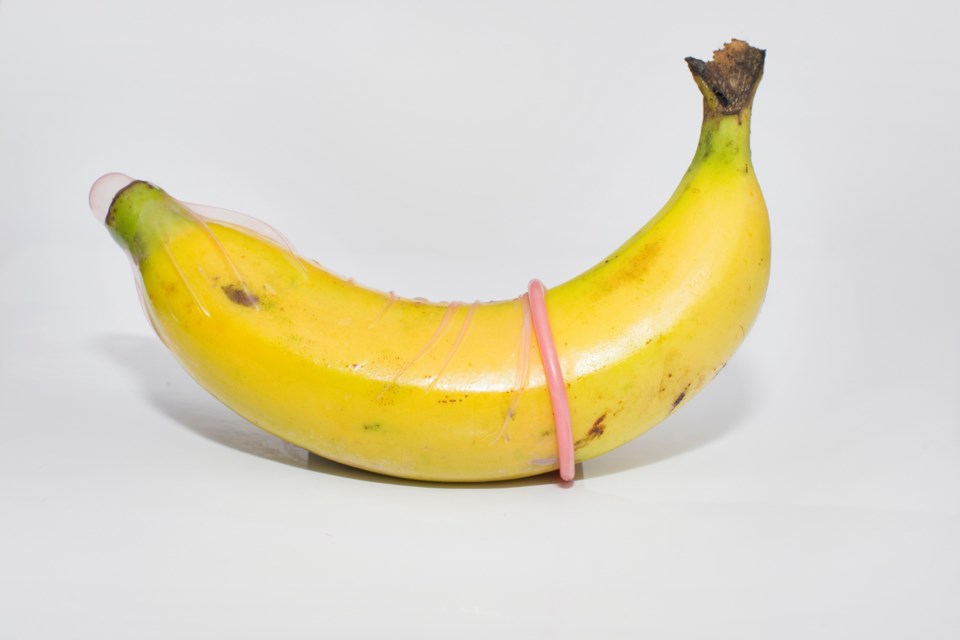When I hear the term “sex ed,” I have flashbacks of being in high school, giggling and gagging with my friends as our elderly science teacher tried awkwardly to roll a condom down an oversized banana, while explaining to us the ins and outs of the birds and the bees.
By then, we had heard it all already, and sex ed was nothing more than a joke to us.
Things have definitely changed since then. When my oldest was in kindergarten, I received a notice that her class would be visited by a local sex educator and I’m not going to lie, I was pretty freaked out. She came home with a whole new vocabulary, and a wealth of knowledge on her anatomy and the biology of how babies are made.
According to a segment that recently aired on CBC News, sex education in Canada varies greatly depending on the province that you live in - there’s a lack of consistency across the country on what is taught, and when. For example, children are expected to learn the proper names for body parts in kindergarten in B.C., Alberta, Manitoba, and Quebec, but that isn’t the case for provinces such as New Brunswick, where the proper names for body parts aren’t taught until Grade 6.
Sexual orientation is taught in Grade 3 in Saskatchewan and Manitoba but isn’t addressed in the sexual education curriculum until Grade 9 in Newfoundland and Labrador. Quebec, to date, is the only province that includes a curriculum with a section focused specifically on the topic of love, which is absent from the sex education teachings in other provinces.
Canada, for the most part, seems to be a forward-thinking country when it comes to progressive sexual education teachings, but Ontario is about to take a big step back.
Ontario Premier Doug Ford made promises to repeal and replace the sex ed curriculum and he did, but the way in which it was rolled out was not what many had expected.
Ford’s government announced the repeal of the current curriculum - one that was updated only three years ago - in favour of a sex ed model that mimics the teachings of 1998.
In response to the proposed changes, Adam Goldenberg - a law professor at the University of Toronto – said students of Ontario would be negatively impacted by these changes “significantly, profoundly, and for a lot of them, permanently.” He goes on to say that “to think now, that young people would be deprived of a thoughtful and consistent approach to issues like sexual orientation, gender identity and expression, in a world where this is a reality, is so ignorant, so backward, and so potentially harmful to thousands of young people across Ontario. It really is a disgraceful move.”
In the same interview, Brittany Andrew-Amofah, policy and research manager at the Broadbent Institute, shares, “People need to understand that a sex ed curriculum is necessary in order for healthy development, and in order for children to make wise decisions. We’re living now in the internet era, where a child’s access to information is infinite, and some of that information is wrong ... For those who can just sit there and be happy that this curriculum may no longer exist is at the direct detriment of our children and youth.”
With protests emerging across the province of Ontario, and archaic views on what children should be learning about sex still surfacing today, let’s just hope that B.C. doesn’t take a big step backwards, too.
Bianca Bujan is a mom of three, writer, editor, and marketing consultant. Find her online at @bitsofbee.



